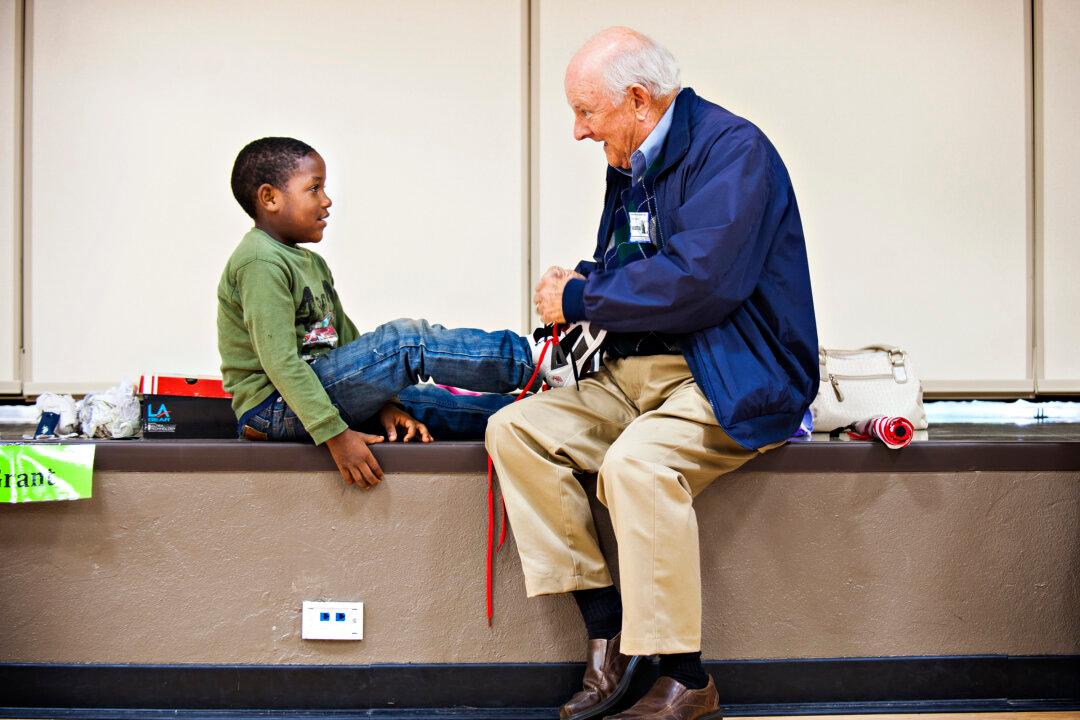Commentary
As we plow ahead in the new year, it couldn’t hurt folks in the younger generations to pay attention to some of the keys to a fulfilling life in the modern world.

As we plow ahead in the new year, it couldn’t hurt folks in the younger generations to pay attention to some of the keys to a fulfilling life in the modern world.